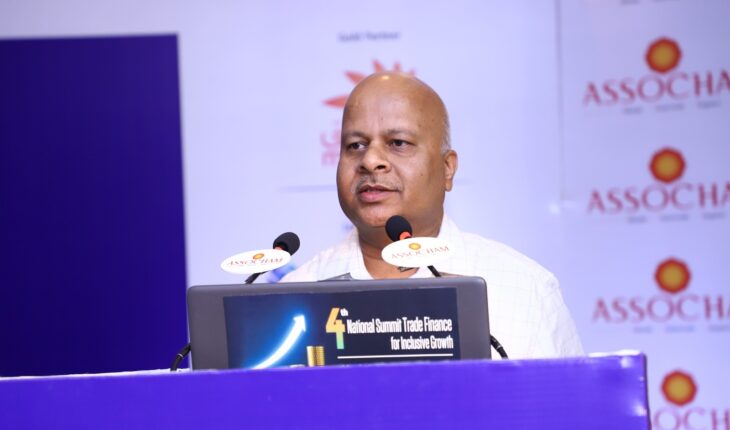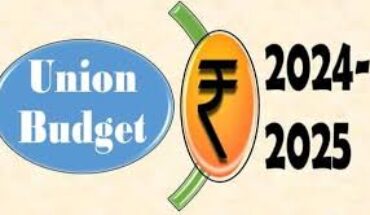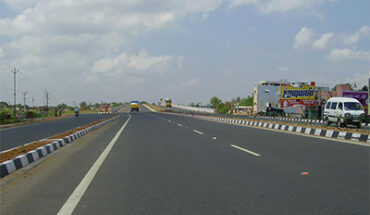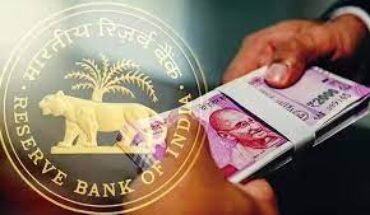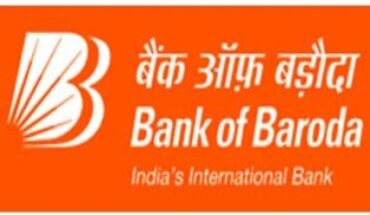New Delhi: The easy availability and cost of finance are important factors for export competitiveness. We have set a target of USD 2 trillion exports, with equal contributions from goods and services by 2030. Trade is dependent on availability of finance making the linkage a strong one. A robust and easy trade finance system is important for us to achieve the targeted export goals. There are multiple dimensions to and we have to improve our physical infrastructure, digital infrastructure and trade finance infrastructure, this has to happen in tandem as they are closely interlinked. said Subhash Chandra Aggarwal Additional DGFT, Ministry of Commerce and Industry, GoI, at the 4th National Summit Trade Finance for Inclusive Growth organised by ASSOCHAM.
“The new FTP 2023 released on 31st March focusses on key areas such as the liberalisation of merchanting trade and we are hopeful that it will strengthen merchantile trading in the country. I am often told that obtaining finances for domestic trade is easier than obtaining financing for cross-border trade. This could be because of the higher risk perception in cross-border trade. Mitigating and correcting this perception is needed to enable us to be competent and competitive in global market, trade finance plays a crucial role here”, he added.
“We have to focus and deliberate on enhancing the ease of obtaining finance, cost effectiveness and competitive interests. The efficiency of trade financing ecosystem will also play a key role. Development in digital technologies like AI and block chain will provide leverages to reduce cost of financing.” He reiterates.
Addressing the summit, Ateesh Kumar Singh, Joint Secretary, Ministry of MSME, GoI said, “The trade industry is the one to power our economy into a USD5 trillion economy. Internal trade and exports will be key drivers of economic growth. Trade is a truly diverse industry ranging from manufacturers, logistics service providers, labour agencies, warehousing, financing, insurers, regulators and even the government. As a key participant, the government is working hard to facilitate trade and mitigate challenge. A number of physical infrastructure development efforts has been undertaken by the government to improve domestic and international trade. There is an ongoing bilateral FTA effort for obtaining new preferential market access. Interoperability of UPI and PayNow in Singapore is one such results of these efforts. Digitisation and digitalisation has changed how things are done now, new players have been added and processes rationalised.”
Sanjeet Singh, Senior Adviser, NITI Aayog, said “We are living in a world where trade and geo-politics is intrinsically intertwined. We are a part of the global economy and in fact a leading player of the global economy and we are affected by everything. Bodies like ASSOCHAM should initiate discussions taking into consideration the new position which India finds itself in. Recent global developments have resulted in a paradigm change in how trade is being conducted across the globe. Labour, gender, deforestation and sustainable development have become an important part of trade. India is fast becoming party to a number of global alliances because of the recognition that India is a country which nobody can afford not to be doing business with. In a world which is facing global recession, we are still talking about 6-8% growth. We are the fastest growing major economy in the world and soon going to become the 3rd largest global economy.”
Delivering a special address at the summit, Dr. Amiya Chandra, Additional DGFT, Ministry of Commerce and Industry, GoI said, “The G20 contributes 85% of economy, 75% of world trade and 66% of world population. International trade is the string that binds and holds the interconnected world, that is why the theme “One Earth, One Family, One Future”. It is our vision that by 2030, we take India’s share in global trade to 10% and exports to 25%. In services we have achieved 422 billion last year and in 2023 we have 6.03% growth in exports. Overall exports is at 770.18 billion with 13% growth. ”
Delivering the theme address, Madhav Nair, Co-Chairman, ASSOCHAM National Council for Banking & CEO & Country Head- India, Mashreq Bank, said “The new trend of financial inclusions with digital technology in commerce ad trade. There is a growing concern in rising interest rate and inflation and with constant conflicts and disruptions there is a hindrance in global supply value chain. This is a good opportunity for India to be a manufacturing hub to achieve the ambitions of global trade of 2 trillion by 2030.” The summit also saw the launch of a report titled ‘Pathways to Inclusion’ jointly produced by ASSOCHAM and Resurgent India. With key players of the trade ecosystem attending the summit, discussions on topics such as ‘Advancing Trade Under India’s G20 Presidency & Powering Global Recovery’, ‘New Foreign Trade Policy 2023: Evolving the Trade Landscape’, and ‘Global Trade Financing Requirements’ were held to support the growth of Indian trade industry.


